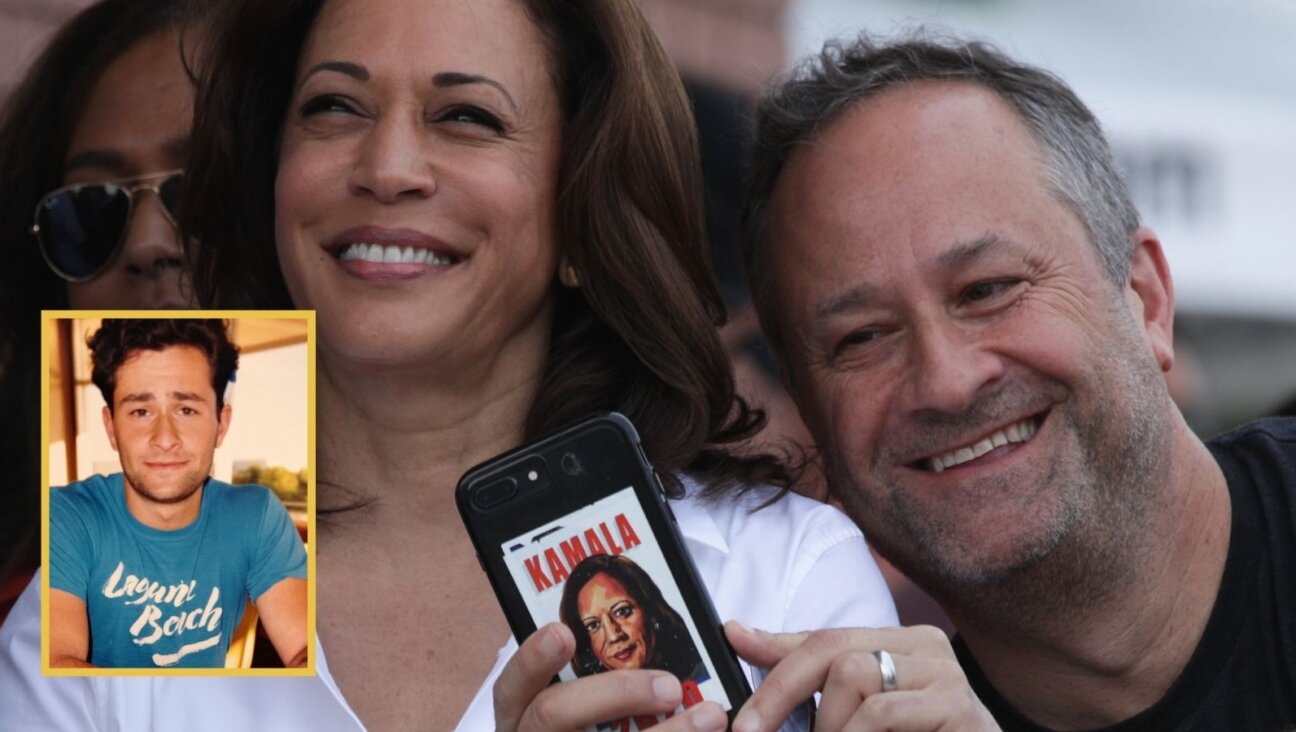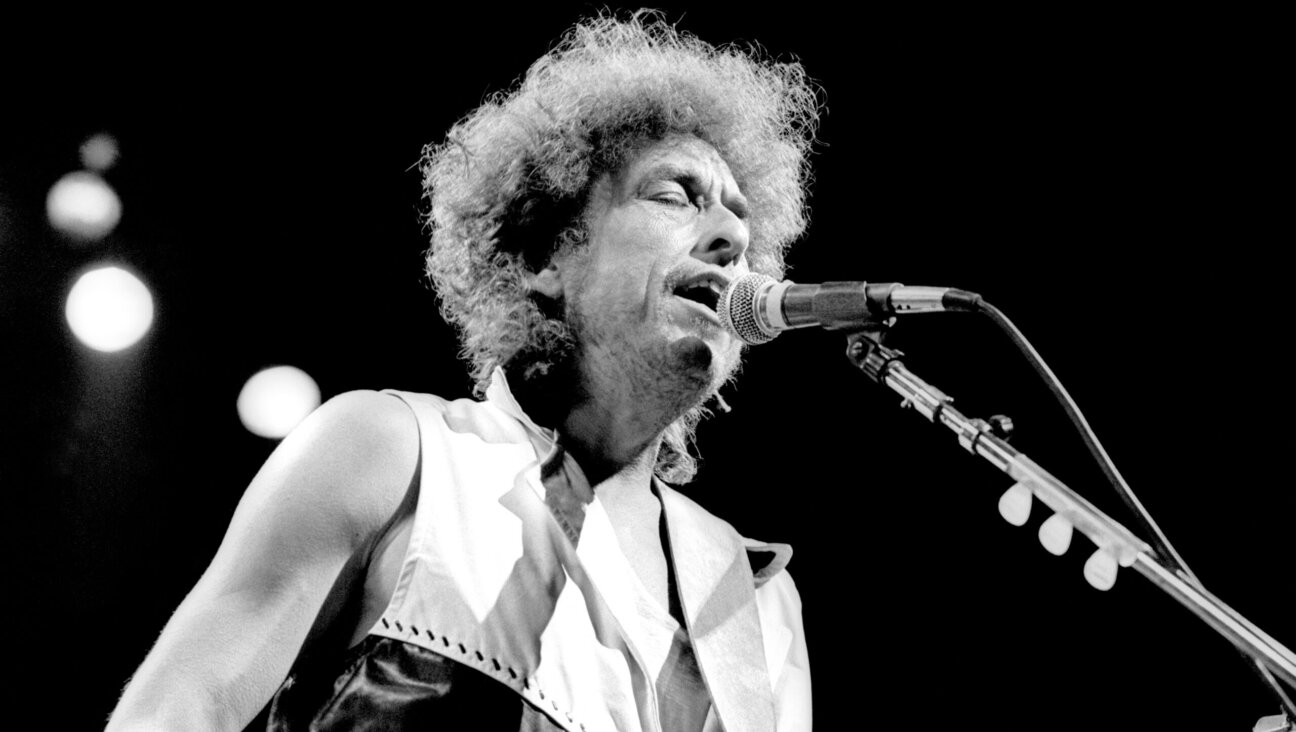John Lewis Turns 77 — Here’s How He Honored Elie Wiesel

Image by Alex Wong/Getty Images
Today John Lewis — civil rights movement hero, longtime Congressional representative, National Book Award-winner, preacher of the importance of seeking out “good trouble” — turns 77. Little speaks to Lewis’s significance as well as his own words. Whether he’s speaking about his own history, from his childhood in rural Alabama to his place on the front lines of the historic “Bloody Sunday” march on Selma, or about the policy issues dear to his heart, among them the creation of the recently-opened National Museum of African American History and Culture, he has the power to silence and awe.
To celebrate Lewis’s birthday, revisit his May, 2016 speech accepting the United States Holocaust Memorial Museum’s 2016 Elie Wiesel Award. (The honor, according to the Museum’s website, “recognizes internationally prominent individuals whose actions have advanced the Museum’s vision of a world where people confront hatred, prevent genocide, and promote human dignity.”)
“When you see something that is not right, not fair, not just, you have a moral obligation to speak up,” Lewis says, early in the speech, “to speak out, and find a way to get in the way.”
Growing up questioning the constraints of segregation, he says, he was inspired by the Bible.
“I read the story about the children of Israel,” he says. “I heard your songs, like ‘Go down Moses, way down in Egypt land, and tell old Pharaoh, let my people go.’ The music inspired me. The words inspired me.”
In the brief speech — it registers just under 7 minutes in length — Lewis also turns his eye to contemporary divides in the United States.
“There are forces in America today,” he says, “forces of hate. And we must never hate. For hate is too heavy a burden to bear.”
Watch the full video below.
A message from our editor-in-chief Jodi Rudoren

We're building on 127 years of independent journalism to help you develop deeper connections to what it means to be Jewish today.
With so much at stake for the Jewish people right now — war, rising antisemitism, a high-stakes U.S. presidential election — American Jews depend on the Forward's perspective, integrity and courage.
— Jodi Rudoren, Editor-in-Chief























